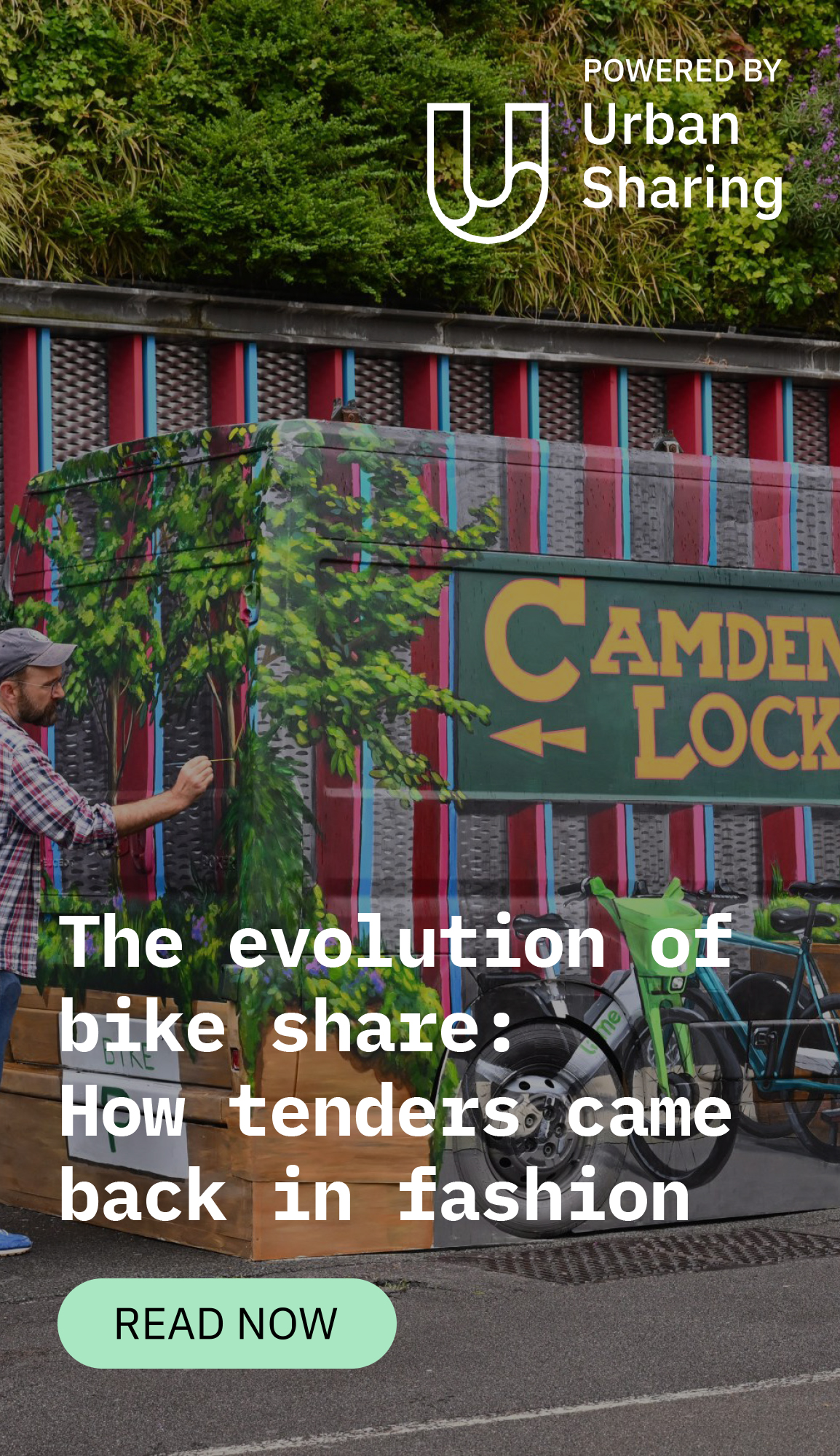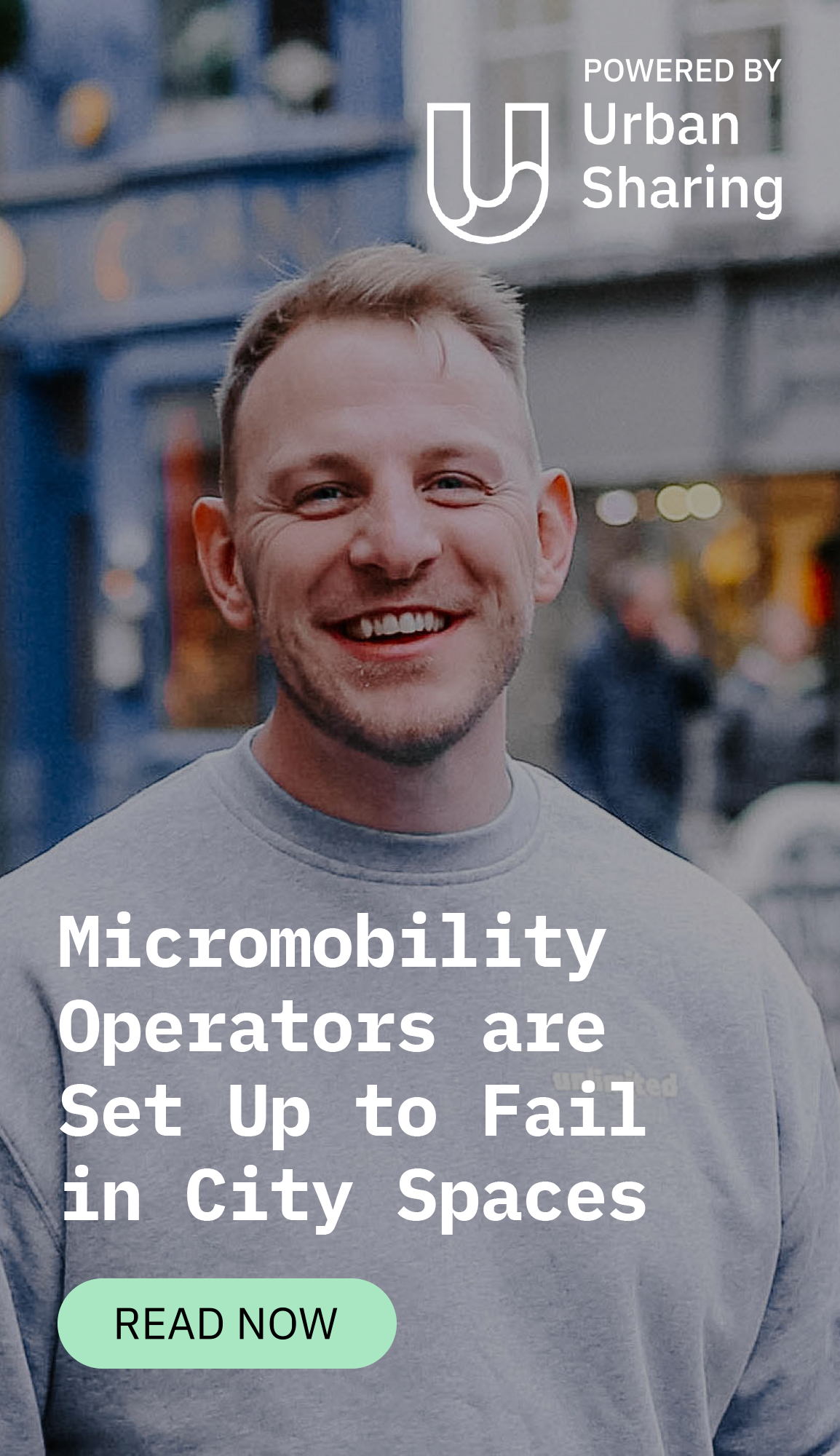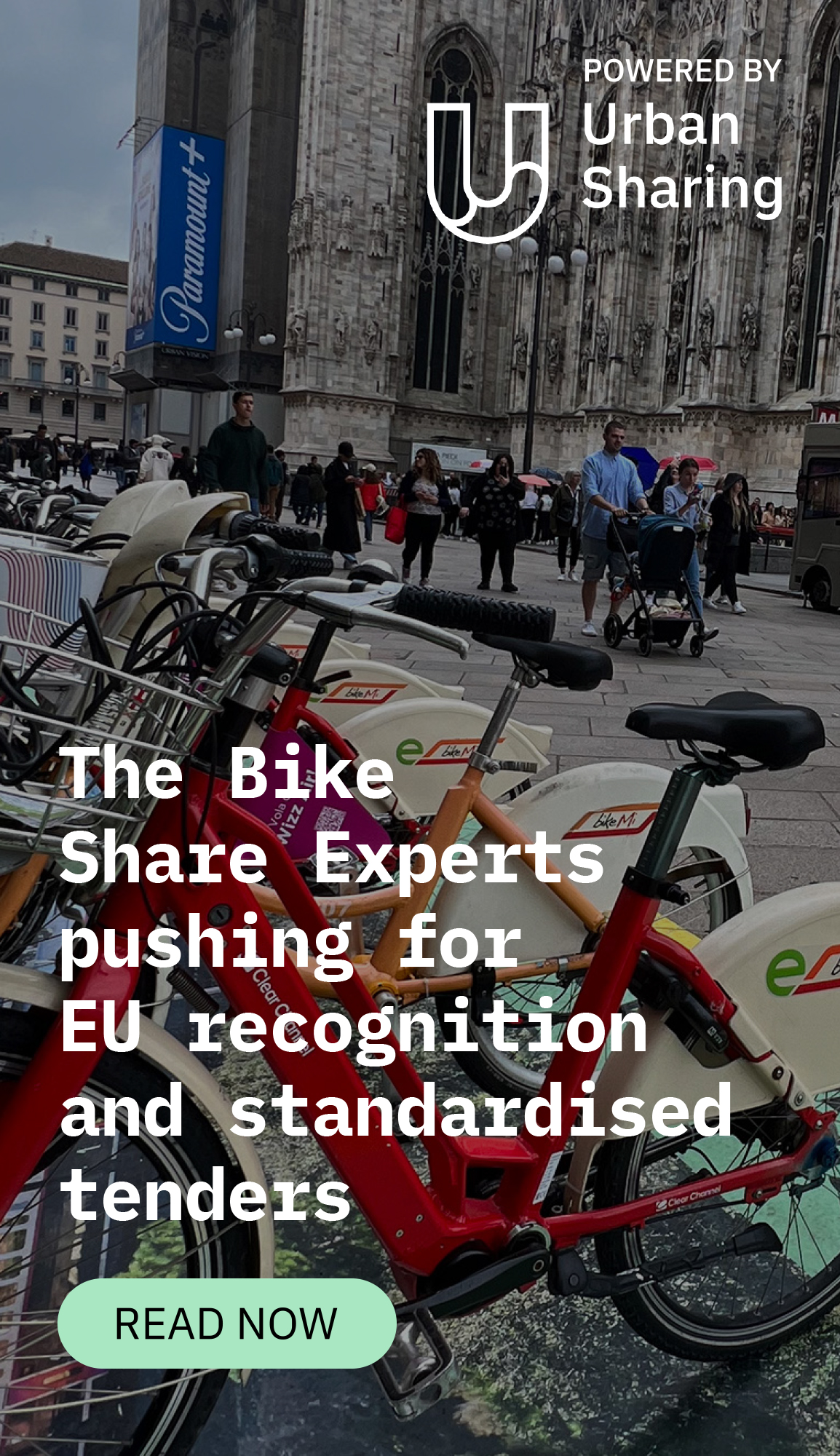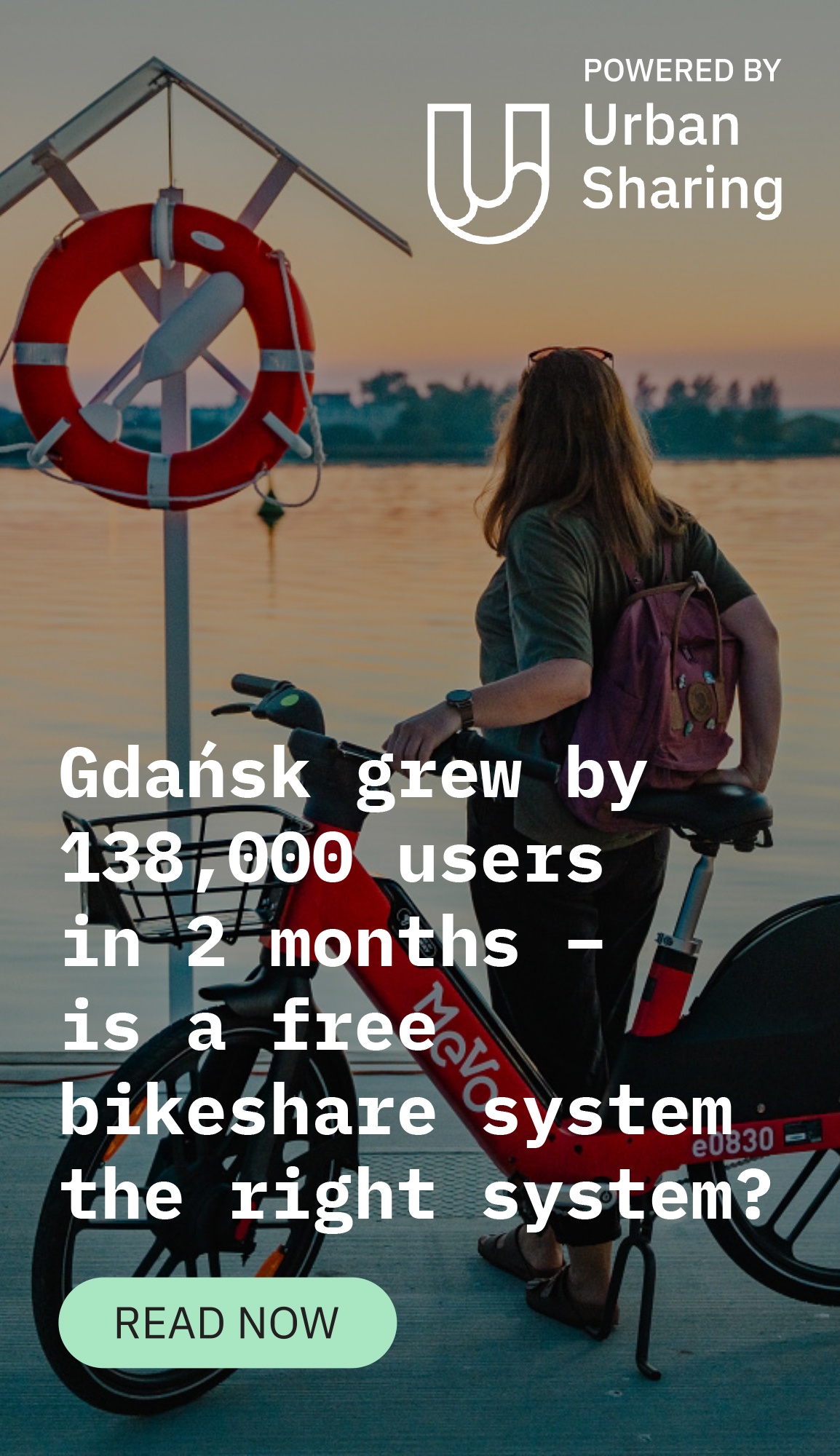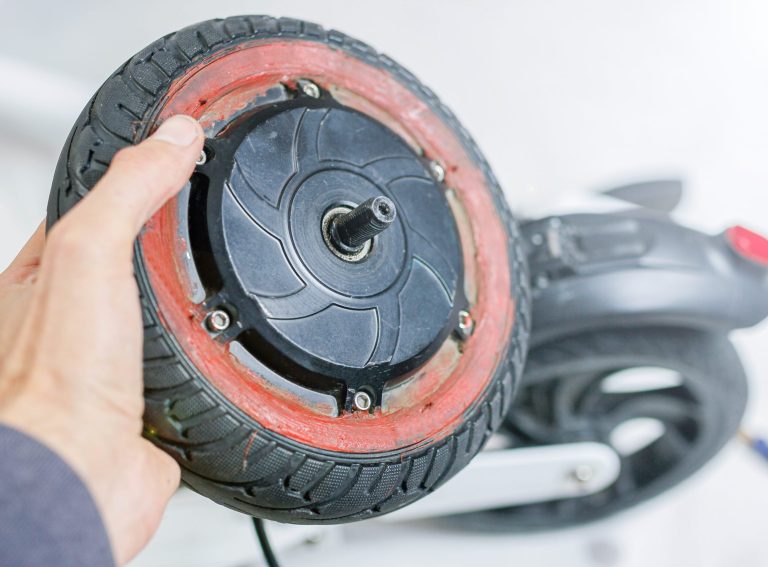Author: Matthew Pencharz, Voi head of policy for UK, Ireland and Benelux
The news that lockdowns are being lifted is fantastic: to be able to see our friends and family again, for social contact, the ability to experience culture and the arts, the opportunity to visit and support local businesses again, and many more. However, for the environment, it may come at a cost.
The silver lining to the last year’s horrendous cloud of lockdowns and global restrictions has been the glimpse of a quieter, less car-centred world.
Even before the lockdowns are completely lifted, we have seen traffic and congestion returning to, and even surpassing, pre-pandemic levels as people continue to avoid public transport.
A recent report from the International Transport Forum has called on governments to be proactive to provide more sustainable transport options to reduce pollution, improve the environment and meet sustainability targets – such as the UK’s to cut greenhouse gas emissions by 78% from 1990 levels by 2035.
The report calls for more space, particularly parking spots, to be given to sustainable transport modes such as bikes, e-bikes and e-scooters to help convince people to routinely leave the car at home for those shorter journeys through making them easier, safer and more convenient. In the UK 25% of journeys are between two to five miles. Imagine how many of those could be completed by e-scooter.
Data reigns supreme
According to NASA figures at a global scale, nitrogen dioxide concentrations plummeted by a fifth during 2020, largely as a result of fewer cars on the road. This reduction leads directly to a reduction in air pollution that in China alone reportedly saved 77,000 lives. Closer to home, the Centre for Research and Energy and Clean Air believes this figure is around 11,000 in Europe, and as many as 3,425 lives saved in the UK.
In London, only five years ago more than 9,000 people were dying prematurely each year because of air pollution. A recent report from the Mayor of London found that, due to schemes that directly reduce pollution emissions across the city, levels of nitrogen dioxide on the city’s roads have fallen by 44% between 2017 and 2020.
During the first lockdown, the number of people cycling increased by 200%. The UK government’s Emergency Active Travel fund subsequently led to the creation of scores of so-called Low Traffic Neighbourhoods (LTNs), designed specifically to reduce traffic levels in residential areas and incentivise people to get out of their cars for shorter journeys. These have mushroomed in London, and are also being introduced in at least 54 local authorities including Birmingham, Manchester, Bristol and Edinburgh. Early reports into their impact have revealed that they are both popular and effective.
One study found that nine out of 10 people in an LTN region are positively impacted by the measures. This is particularly the case in lower-income neighbourhoods where cycling, walking and micro-mobility is a more affordable and accessible transport option. This has enabled and empowered entire communities to give less space to cars.
Elsewhere, high-street footfall reportedly jumped 5.2% last year – while footfall to retail parks and shopping centres in the same period fell. Removing cars and traffic and enabling increased use of micro mobility can have a positive impact on local communities. E-scooters encourage people to explore their local neighbourhoods and wider cities, having a knock-on effect to high-streets and businesses, as well complementary public transport networks, cycle schemes, and more. A study in the US comparing cities with shared e-scooters and cities without found that shared e-scooter usage generated significant positive economic spillovers for local food and drinks businesses.
In Northamptonshire people have used e-scooters to help them get to jobs in areas, which they couldn’t easily access before.
Build back greener
Since Voi began its services last September, more than 600,000 people have used our e-scooters making over two million journeys across and the evidence of the last few months is persuasive. With real-world data from our trials, from government schemes, from local initiatives and from peer-reviewed studies, we can demonstrate that micro-mobility is no longer a nice-to-have. It is becoming a fundamental, crucially important must-have – especially if we have any hope to address the climate crisis in a politically and socially acceptable way.
The UK’s carefully regulated e-scooter trials have laid the groundwork for a safe and considered adoption of this new mode. Local and regional governments must now use the impetus these successes have provided to build back better – and greener.
Reducing the number of cars on roads makes cities safer places to live, but this is only possible if people are offered convenient and affordable alternatives. It’s time to invest in re-shaping our cities to make them healthier, greener, more sustainable and inclusive, which we will all benefit from for years to come.

